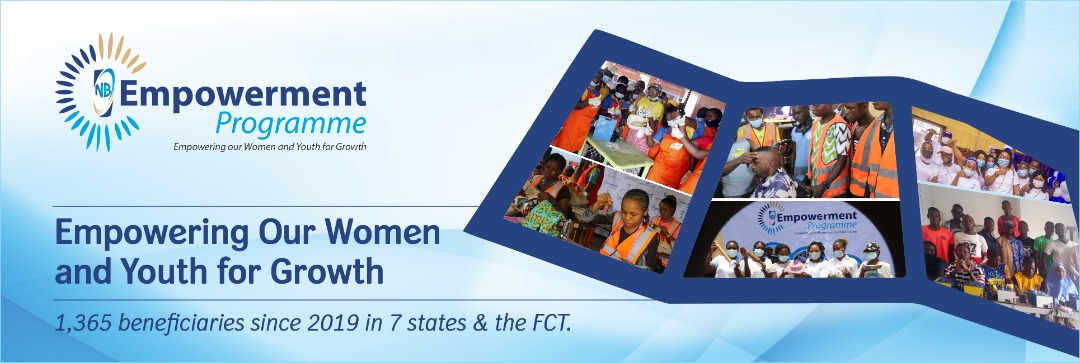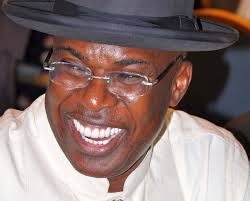By Yemi Adedeji, Abuja
The United Nations Industrial Development Organisation (UNIDO), has urged the Nigerian government to effectively implement the draft national policy on solid waste management in the country.
The government must also recognise the important role of state governments if the national policy is to be successful, UNIDO said.
Jean Bakole, UNIDO Country Representative and Director for West Africa, stated this in Abuja at a one day National Stakeholders’ Workshop for the review and validation of draft national policy on solid waste management in Nigeria
He said solid waste is a global problem which needs an effective and economic strategy, saying that countries are faced with increasing challenge of managing their solid waste and with an increasing global population, generation of solid waste is bound to increase.
Quoting a UNEP report, Bakole stressed that bulk density for residential waste of some countries were taken and compared noting that Nigeria recorded 250kg/m3 as against 330 for Egypt, 150 for UK, 100 US, 400-600 for India and 400 for Indonesia
He stressed that the draft policy has been developed through a collaborative and inclusive method, as it recognises that everyone is involved in solid waste generation and has an idea of the topic.
His words: “Nigeria is a leader in Africa and it must demonstrate its leadership through the effective implementation of this policy. It is time to put our hands on the ploughing and spot opportunities,”
“The policy has been developed to recognise private sector participation and will help help to guide investment in solid was management, identify the key stakeholders, build an effective institutional structure, job creation and it linkages to global environmental treaties.
“We also recognise the role of state governments if the national policy is to be successful. It may look like a straight forward subject but I can tell you getting to this point was not particulates easy.
“To ensure the success if this policy, there must be political will, adequate data, private sector involvement, encourage research and development, aggressive drive, a realistic action plan and effective enforcement drive,” he said.
Sheu Ahmed, Permanent Secretary, Ministry of Environment, said the federal government is ready to work with relevant stakeholders to develop actionable work plans to drive implementation of the policy.
He noted that the workshop is expected to validate and finalise the police document aimed at addressing the issue of sustainable allied waste management in Nigeria.
He stressed that it is a common knowledge that waste disposal rather than waste management is prevalent in Nigeria and this involves co-disposal of general and hazardous wates on land, water bodies, roads and uncontrolled and open burning.
Ahmed lamented that these practices portend serious danger to the environment, health and also retard economic development.
He stressed that the policy should be able to promote among others; waste reduction at source, recylce and reuse as rge best option for solid waste management in Nigeria to promote resource conservation and environmental protection.

















